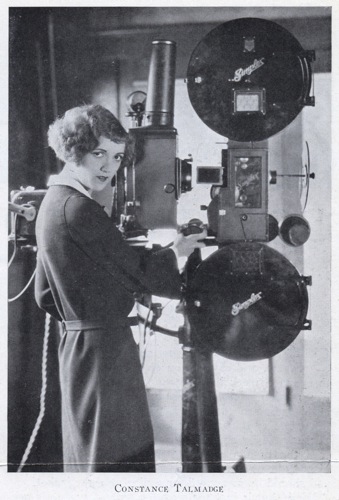 Macho Criticism (From the Seat of His Pants)
Macho Criticism (From the Seat of His Pants)
Last week WBEZ’s Alison Cuddy interviewed our Executive Director Becca Hall about ‘Chicago’s stunning lack of female film critics and abundance of female film programmers.’ This disparity should be readily apparent and familiar to any sentient person, but its roots and effects merit further discussion.
For better or worse, the dialogue undergirding film culture, here and elsewhere, is usually set by men. It’s something that you can feel acutely when reading a rave review of Nicolas Winding Refn’s hateful exercises in macho posturing or watching the contrived critic’s roundtable on the Pulp Fiction Blu-ray. (In the latter, Stephanie Zacharek provides a voice of reasoned dissent as the middle-aged boys club recites their favorite quotable moments from Tarantino’s anal anxiety breakthrough.) When critics try to address these issues head on, they often make matters worse, as when Mike D’Angelo stuck a blow against “robotic objectivity” in a recent Cannes dispatch. D’Angelo proudly attributed his preference for Blue is the Warmest Color over Behind the Candelabra to the fact that he’s “a straight male who’s indifferent to guy-on-guy action but had to keep adjusting his pants during the lesbian picture.”
The world of film critics (and film enthusiasts generally) suffers for its gender imbalance, much like related subcultures like record collecting. It’s a self-perpetuating cycle, where the insular atmosphere discourages many women from participating in the first place.
